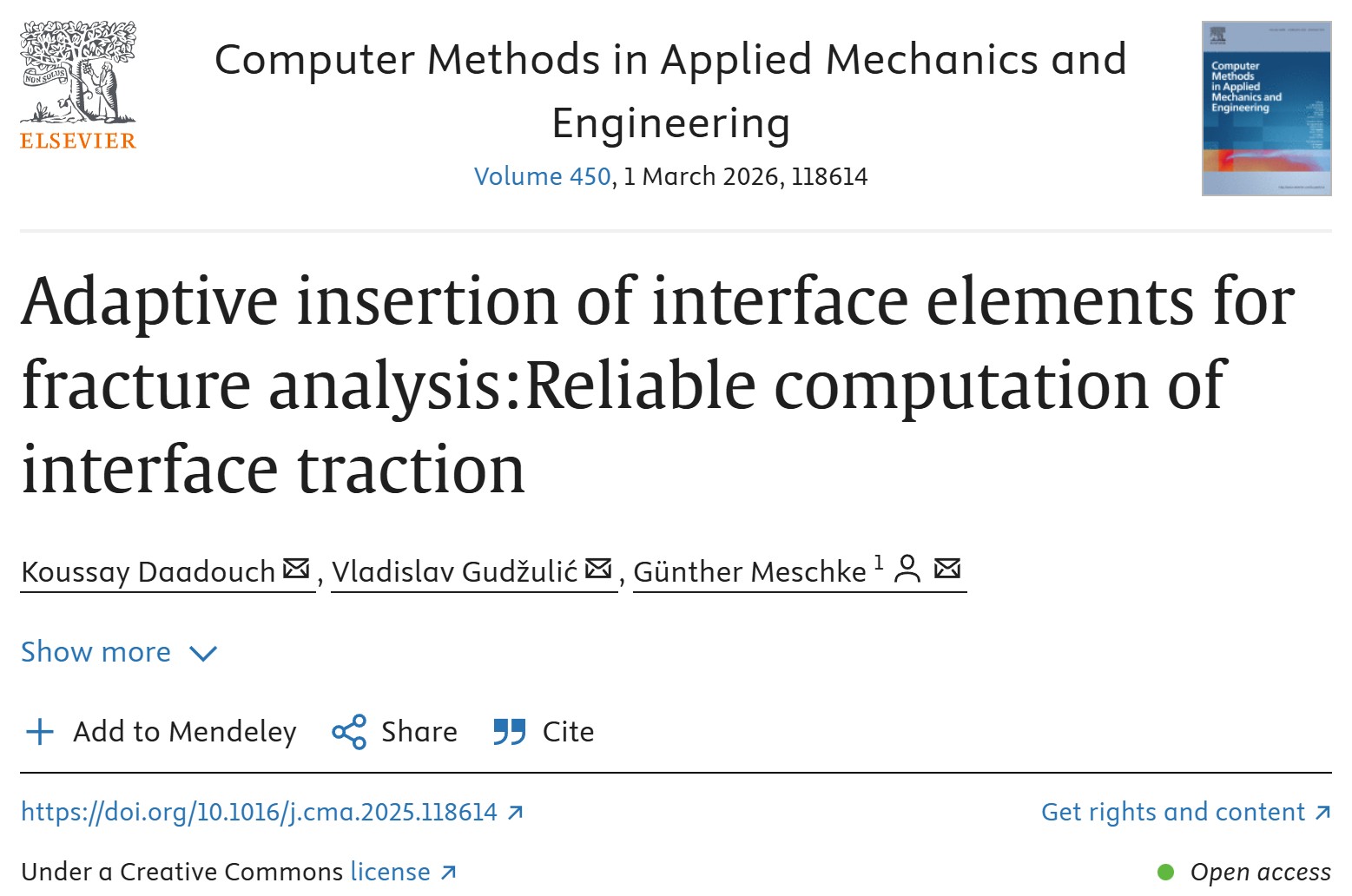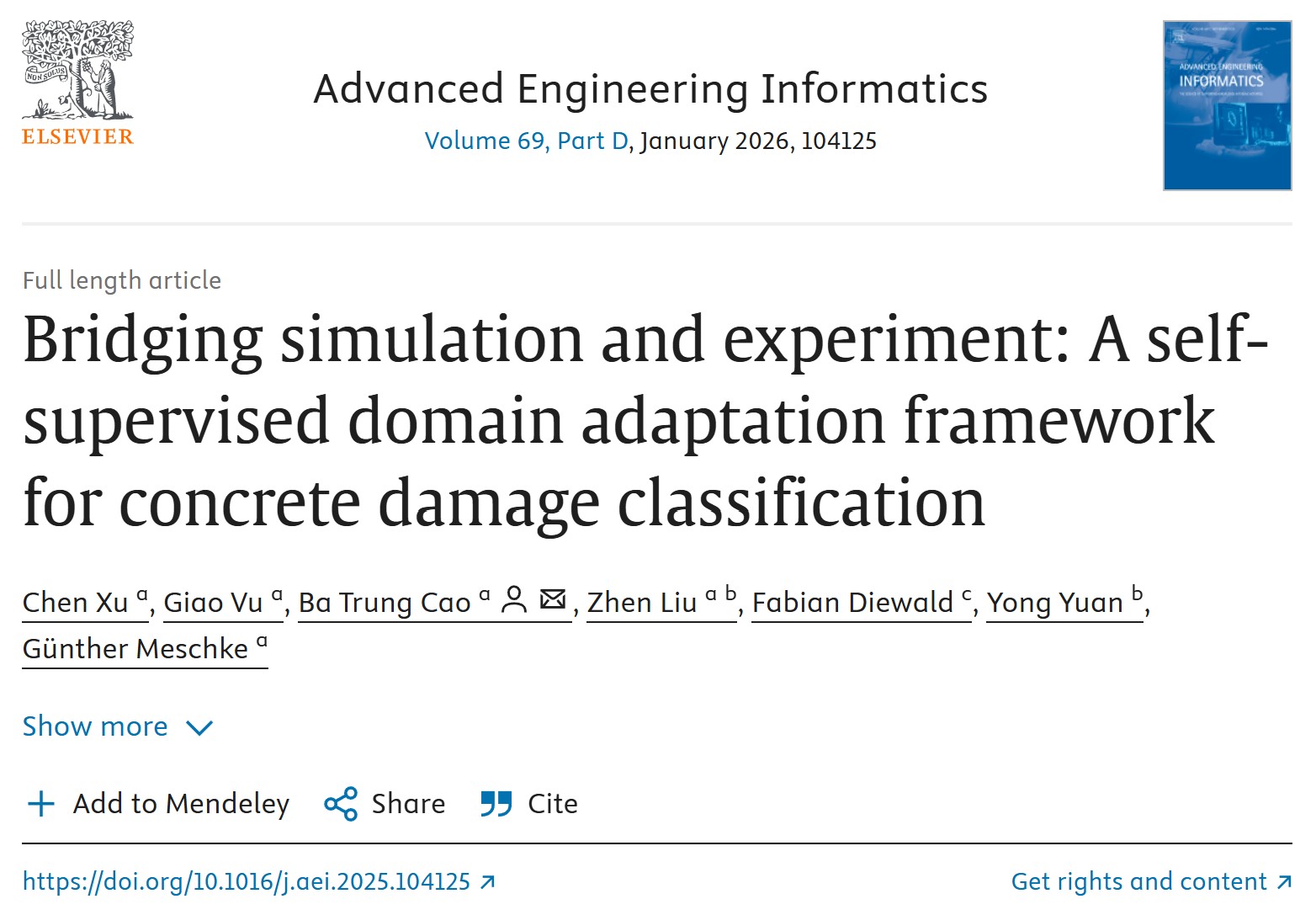
The new open access article with the title "Real-time estimation of the structural utilization level of segmental tunnel lining" has been published on Elsevier.
Abstract:
Over the last decades, an expansion of the underground network has been taking place to cope with the increasing amount of moving people and freight. As a consequence, it is of vital importance to guarantee the full functionality of the tunnel network by means of preventive maintenance and the monitoring of the tunnel lining state over time. A new method has been developed for the real-time prediction of the utilization level in tunnel segmental linings based on input monitoring data. The new concept is founded on a framework, which encompasses an offline and an online stage. In the former, the generation of feedforward neural networks is accomplished by employing synthetically produced data. Finite element simulations of the lining structure are conducted to analyze the structural response under multiple loading conditions. The scenarios are generated by assuming ranges of variation of the model input parameters to account for the uncertainty due to the not fully determined in situ conditions. Input and target quantities are identified to better assess the structural utilization of the lining. The latter phase consists in the application of the methodological framework on input monitored data, which allows for a real-time prediction of the physical quantities deployed for the estimation of the lining utilization. The approach is validated on a full-scale test of segmental lining, where the predicted quantities are compared with the actual measurements. Finally, it is investigated the influence of artificial noise added to the training data on the overall prediction performances and the benefits along with the limits of the concept are set out.
The research paper with the DOI 10.1016/j.undsp.2023.11.011 can be read and downloaded as open access here https://doi.org/10.1016/j.undsp.2023.11.011.

"Adaptive insertion of interface elements for fracture analysis: Reliable computation of interface t
more...
Chen Xu, Giao Vu, Ba Trung Cao, Zhen Liu, Fabian Diewald, Yong Yuan, and Günther Meschke are the au
more...